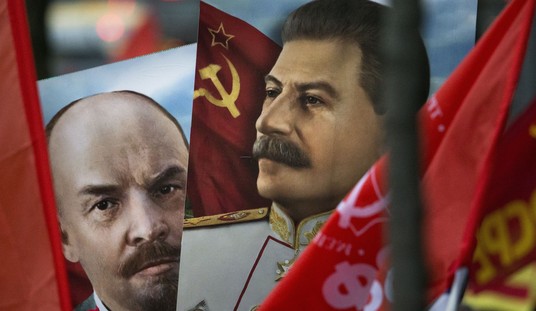Russia, China, Iran, and other repressive governments’ attempts to put international rules on the way the Internet works at a United Nations telecom conference in Dubai, was met with staunch opposition from a united front of Western democracies (the US, UK, Canada, and others) who maintained that the proposed treaty would hand nefarious regimes too much power to limit their peoples’ Internet access and free speech.
“This conference was never meant to focus on Internet issues,” said ambassador Terry Kramer, head of the U.S. delegation to the Dubai summit. “The Internet has given the world unimaginable economic and social benefit during these past 24 years — all without U.N. regulation.”
Delegates from the Netherlands, New Zealand, Denmark, Sweden, Poland, and the Czech Republic also said they could not sign the proposed International Telecommunication Union treaty, which is scheduled to be finished by tomorrow. …
The implosion of the high-profile ITU summit came late in the evening in Dubai after deep divisions became apparent over the mere mention of “human rights obligations” in the treaty — a proposal that China and Iran opposed — and whether the U.N. was the proper organization to oversee key decisions about how the Internet should be managed. …
Canada said it was forced to reject the proposed treaty because of its commitment to an Internet “in which people are free to participate, communicate, organize and exchange information.”
The vowed noncooperation of the freedom-loving countries in attendance means that the summit isn’t going to bear the Internet-regulation fruit that China, Russia, etcetera, were hoping it would, but it isn’t from lack of trying; why and how is it that these countries don’t seem even the tiniest bit ashamed of their insistence on their freedom-crushing proposals?
The worst thing about this proposed treaty is that, if put to a vote, it probably would get a lot of support. The United Nations’ ostensible goals include advancing peace and freedom, except plenty of the United Nations member countries have sketchy-to-downright-opprobrious records with press freedom and human rights — making it all too clear that the UN isn’t about peace and freedom as much as it is protecting and advancing the interests of its members, no matter how many moral excuses they can come up with to self-justify.








Join the conversation as a VIP Member